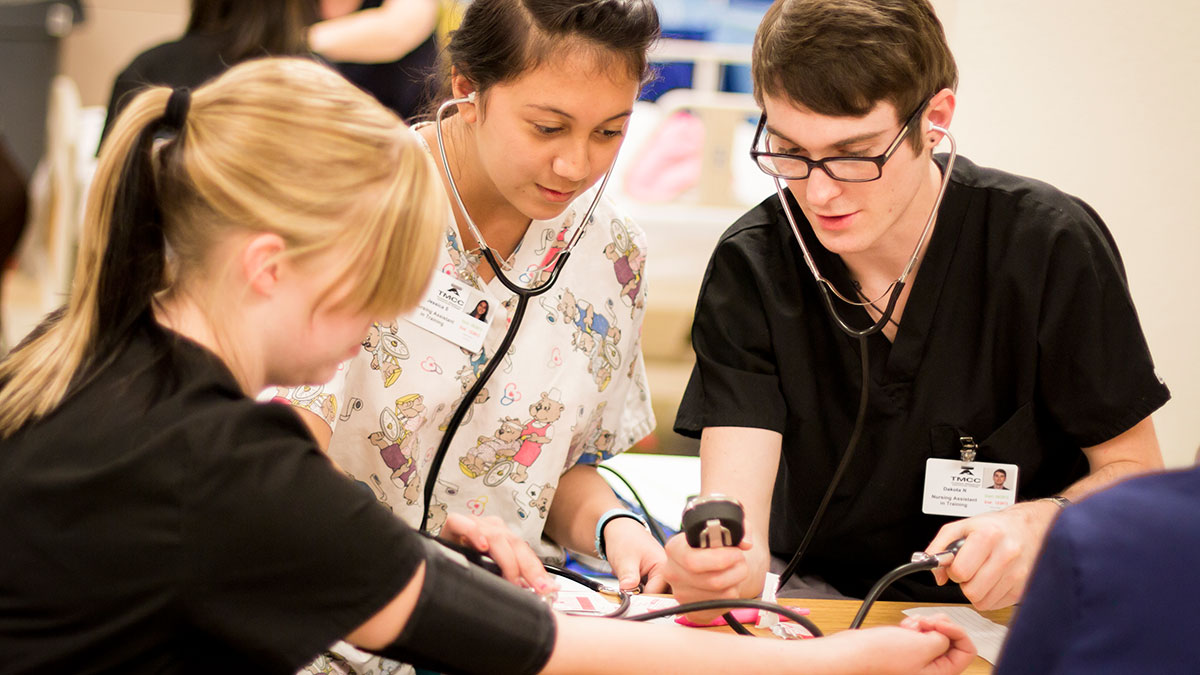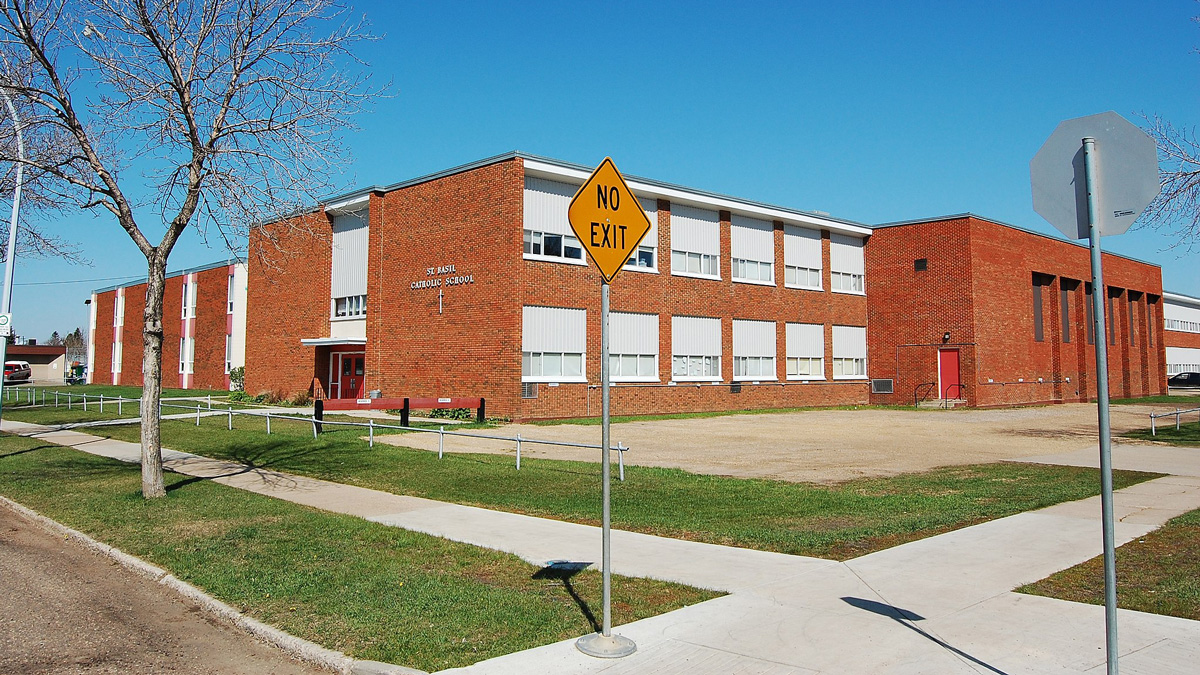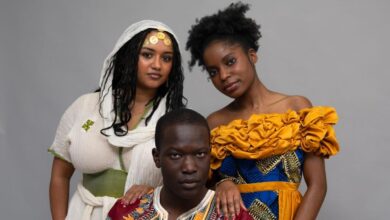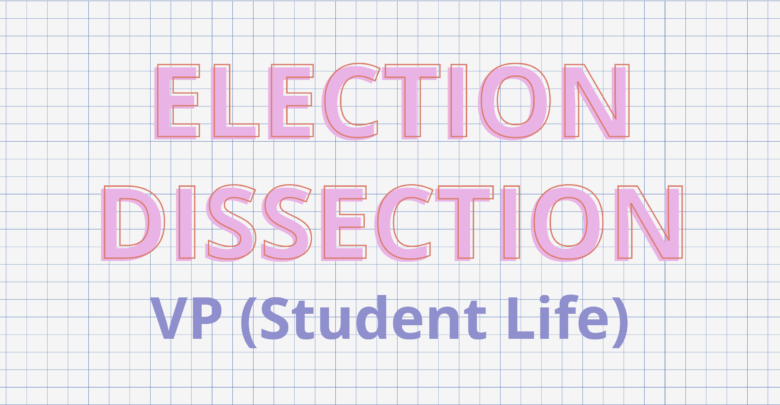 Lochlann Kerr
Lochlann KerrEvery year The Gateway hosts a panel to determine who should and who will win in each race for the Students’ Union elections to assist those undecided on who to vote for. Our election dissection panel is here with their insights on student politics and their takes on this year’s candidates.
Opinions expressed by the panellists do not reflect those of The Gateway.
The Panel
This year’s panel for election dissection included:
- Tom Ndekezi: U of A alumni, former arts and culture editor at The Gateway
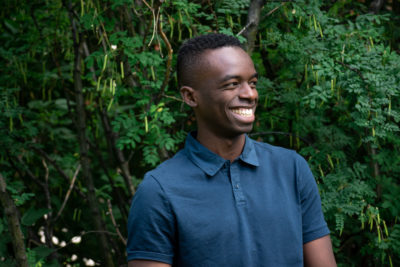
- Kyle Monda: U of A alumni, past Gateway contributor, GFC and Students’ Council councillor, past candidate for Students’ Union vice-president (student life)
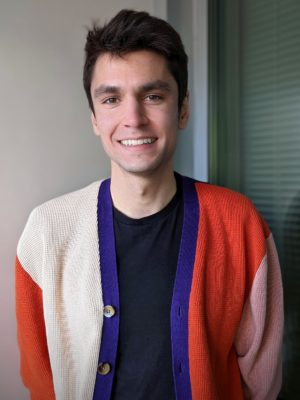
- Alyssa Stoddard: third-year political science and English student, previous caucus researcher for the Government of Alberta (2019 – 2021)
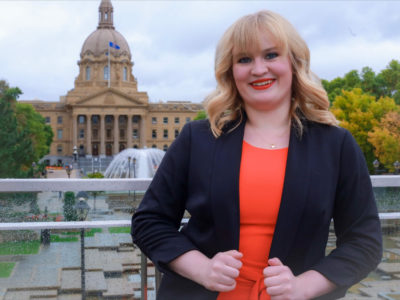
The Candidates
- Joannie Fogue, third-year political science student and current Association des Universitaires de la Faculté Saint-Jean (AUFSJ) president.
- Rowan Morris, third-year elementary education student and current Students’ Union education councillor.
The two vice-president (student life) (VPSL) candidates were noted as being significantly different by the panel.
Stoddard said that she liked Fogue’s social media presence, as well as her connections with Campus Saint-Jean (CSJ).
“I really like what [Fogue’s] put on social media,” Stoddard said. “I think she’s a great speaker; I think that is a great asset to the VPSL role and I think she’ll connect well with students … I think her platform is fair for the role. I have no real objections. I don’t really know [Morris] very well … but I don’t think they have the greatest presence compared to [Fogue].”
Ndekezi noticed that Fogue represented the CSJ community, and that Morris had a strong equity, diversity, and inclusion (EDI) background, which are strongly reflected in their respective platforms.
He was also impressed by Morris’s platform, especially platform points like finding temporary space for Indigenous students until Maskwa House is built, as well as the fall and winter festival.
“I think they’re both very viable candidates and I also think that they embody different things,” Ndekezi said. “In terms of finding a balance between ambitious, interesting, and achievable platform points, I think [Morris] in my opinion might have the best platform I’ve seen in the whole election. I like the little things they have like designated hours for women at the gym, changing some of the promotional materials at Van Vliet Complex, [and] even proposing that the university have a gender-neutral washroom — at least one in every building.”
“Those are all very small things that the university wouldn’t want to be on record saying no to, which I think are all very feasible and meaningful … I think overall, I was very impressed by that aspect. I don’t think their platform compromised any of their beliefs but it also definitely put it in a very practical package.”
Monda noted Morris’s work experience as something that made them a practical VPSL candidate, as well as emphasizing gender-neutral washrooms as something that had been a platform point since he was running in VPSL elections five years ago, and hoped to see someone “push that over the finish line.”
“[Morris’s] experience as a staff member on campus really shows in the practicality of their platform, and it’s clear they have an understanding of how things work and how things get done on campus,” Monda said. “That really shines through in the policy changes and operational changes that they’re proposing.”
Monda also noted Morris’s platform included connecting students with sliding-scale mental health services in the city, which he thought was “very achievable … and would make a big difference in students’ lives.” He mentioned Morris’s background story as something that “reveals the deep personal commitment” Morris has to their advocacy work, and commended them for their “brave” actions.
Monda also highlighted Fogue’s platform as one that would bring in CSJ and Augustana voices. Fogue’s platform was also achievable in the VPSL time period, as there “wasn’t anything that’s egregiously unrealistic” in her promises.
One of the concerns Monda had for both candidates was residence advocacy. He noted that both candidates included sexual violence training for those in residence, but wanted more, as it’s a “huge part of the VPSL portfolio.” Monda called the meal plan the “number one issue” for those in residence, and said that he wanted more explanation for how Fogue planned to change the meal plan beyond just removing Aramark.
Stoddard added that she liked that Fogue had an overall “It starts with…” theme, adding to the reason Fogue is running for VPSL.
“I think [Morris] has put a little bit more emphasis on including Indigenous [students] and recognizing Indigenous culture on campus, and supports for Indigenous students,” Stoddard said. “I like the idea of writing a newsletter of their concerns and discussing those challenges.”
However, Stoddard voiced her concerns that both VPSL candidates didn’t mention accommodations for students with chronic illnesses or disabilities in residence enough in their platforms.
Panellists hoped that both VPSL candidates would branch out in their platform to represent all their constituents, as well as develop a better plan for meal plan renewal and residence advocacy.
Who will win: three votes for Joannie Fogue
Who should win: two votes for Rowan Morris, one vote for Joannie Fogue


